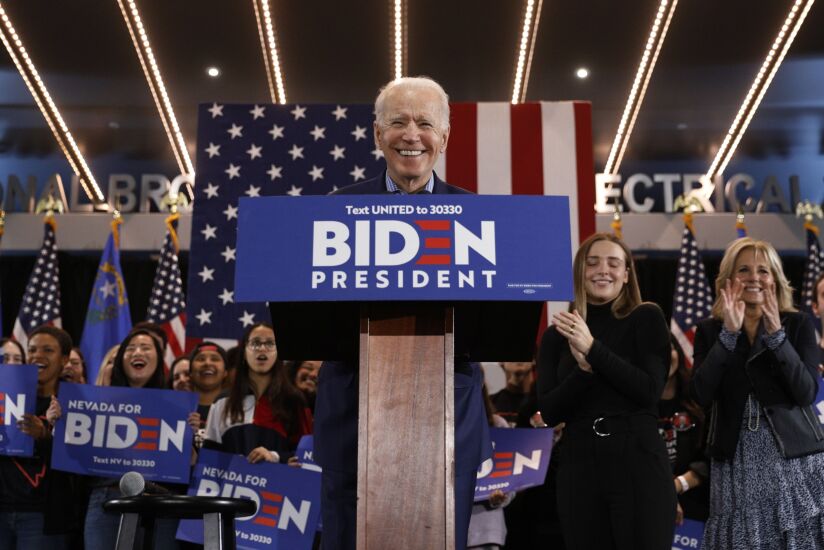WASHINGTON — After 10 Democratic presidential debates, the candidates have uttered barely a murmur on their financial policy views as the campaign has been dominated by health care and other domestic issues.
But most of the Democrats still contending in the race, in the wake of the South Carolina primary and with Super Tuesday contests kicking off, have given some sense of their regulatory views either on their campaign websites or through past records.
With the front-runner Sen. Bernie Sanders supporting a dramatic restructuring of the banking industry, the results of the next wave of primaries could have a sizable impact on U.S. markets.
The Vermont independent has garnered the most delegates of any candidate so far,
“It appears to us that Sen. Bernie Sanders is not just solidifying his position but also could be a bigger threat to President Trump in the general election than the market appreciates,” Jaret Seiberg, an analyst at Cowen Washington Research Group, said in a note Monday. “That would represent a major threat to financials and housing as Sanders has the most punitive agenda for these sectors given his plans for taxes and regulation.”
Sanders is not the only Wall Street critic on the ballot. Sen. Elizabeth Warren, D-Mass., is a known entity to the financial services sector as a tough questioner in Senate Banking Committee hearings and as the architect of the Consumer Financial Protection Bureau.
The other five Democrats are seen as less hostile to the banking industry, though their potential presidencies would likely mark a shift from the deregulatory approach of the Trump administration. Under Trump, bankers scored a significant victory with the passage of a Dodd-Frank regulatory relief bill, known as S 2155.
But it’s unclear whether moderate Democrats will be able to stop Sanders from becoming the party’s nominee to challenge Trump in November.
Here is an update on the banking policy views of the top seven candidates still in the field.









